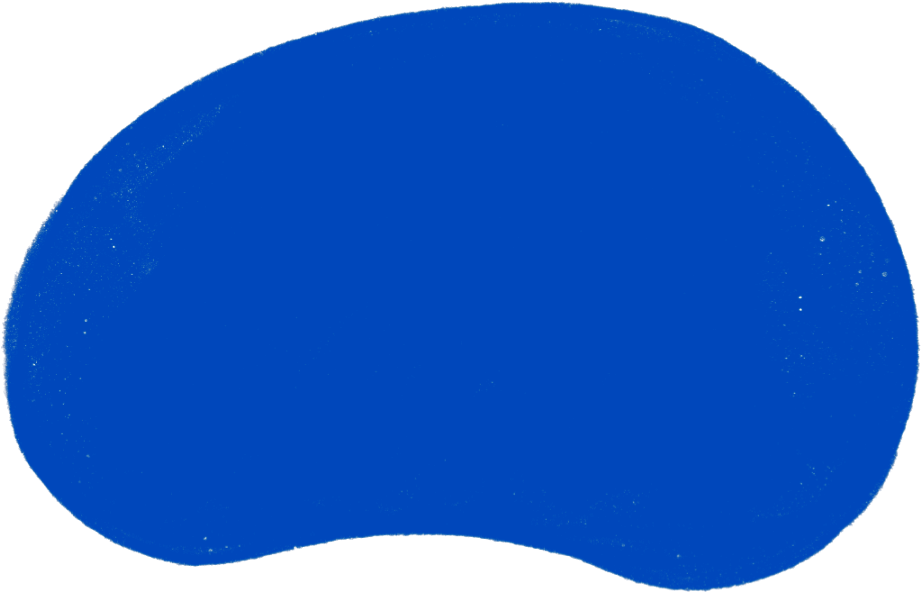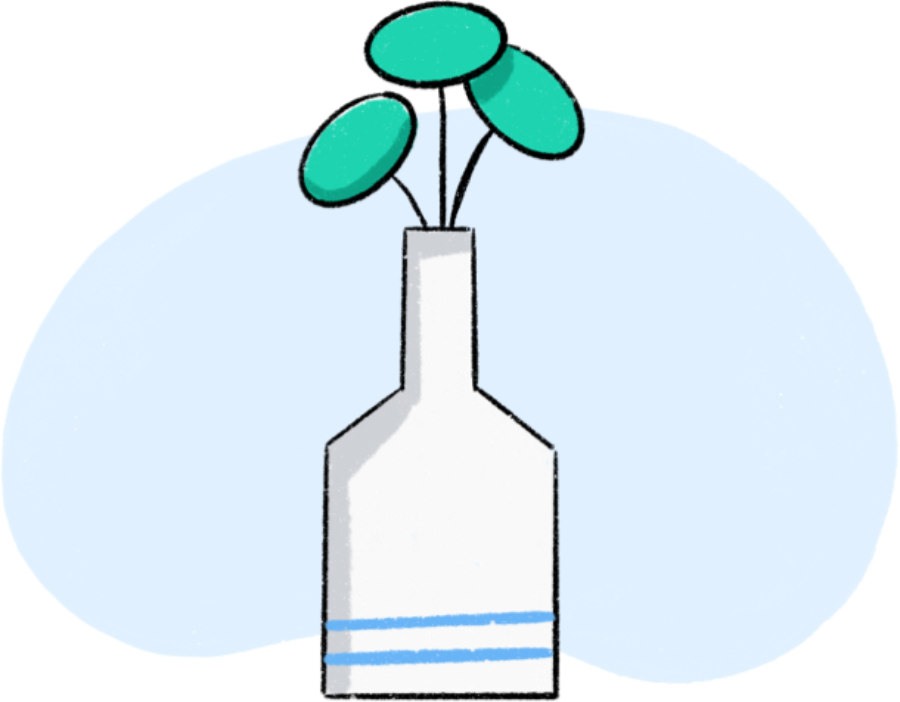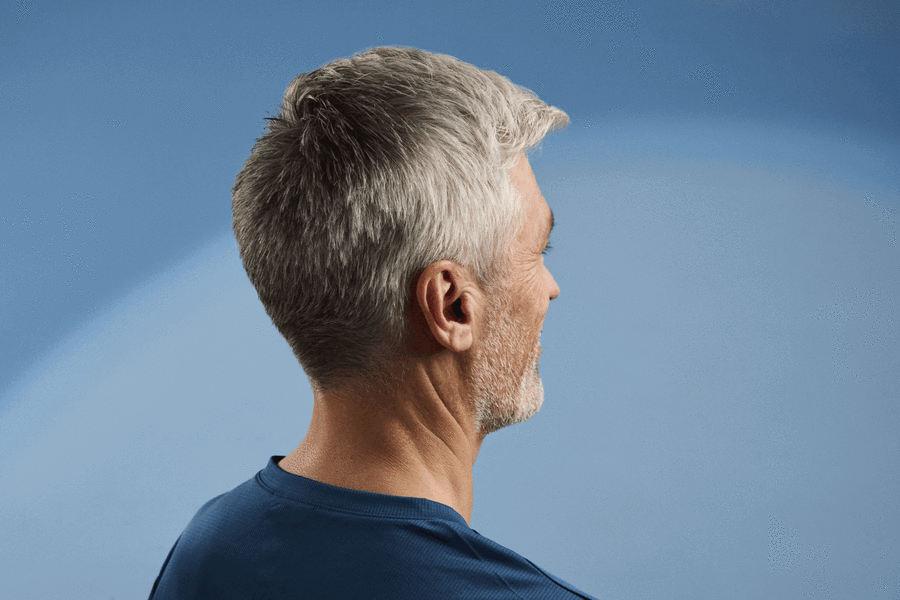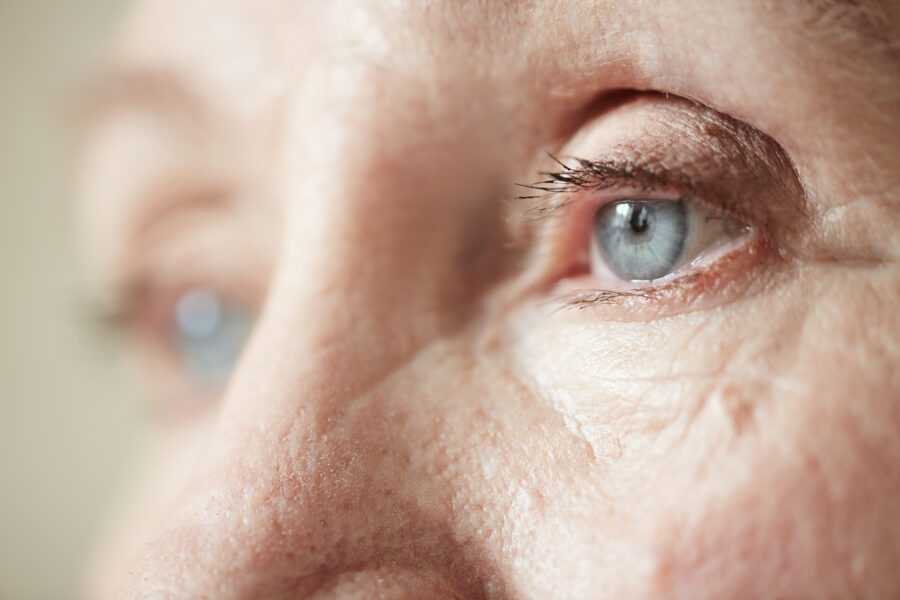

Blog post
Do you know these 5 interesting eye facts?
As we talk about eyes almost all of the time, we thought it's time to share some interesting eye facts!
You don't see with your eyes
Although we look at things with our eyes, we see an image with our brain.
When light enters our eyes and focusses on the back of the eye, millions of receptors receive information and send electrical messages to the brain.
These electrical messages contain colour, detail, contrast and movement.
Our brain then processes the information sent by our eyes, and we see an image as a result.
Your eye colour is not significant
Eye colour is due to the presence of melanin (pigment) in your iris.
The more melanin you have, the darker your eye colour.
Ultimately, your eye colour doesn't affect your eyesight or eye health.
The iris in your eye is a muscle
Did you know that the iris is a muscle? It controls how much light enters your eye.
When our pupils get bigger or smaller, it's the iris controlling it.
The pupil is a hole between your iris
Your pupil is the black hole in the middle of the iris.
Don't worry though, it's not the same kind of black hole that sucks everything in!
While the iris controls how much light enters your eye, the pupil allows the light to enter your eye.
Now that you know this interesting eye fact, you'll notice it in every close picture of an eye!
20/20 vision doesn't mean perfect eyesight
While 20/20 vision is thought to be "perfect eyesight", it doesn't provide the full picture of your vision.
For instance, it doesn't indicate how well you can see up-close, whether you're colour blind or whether you have peripheral vision.











